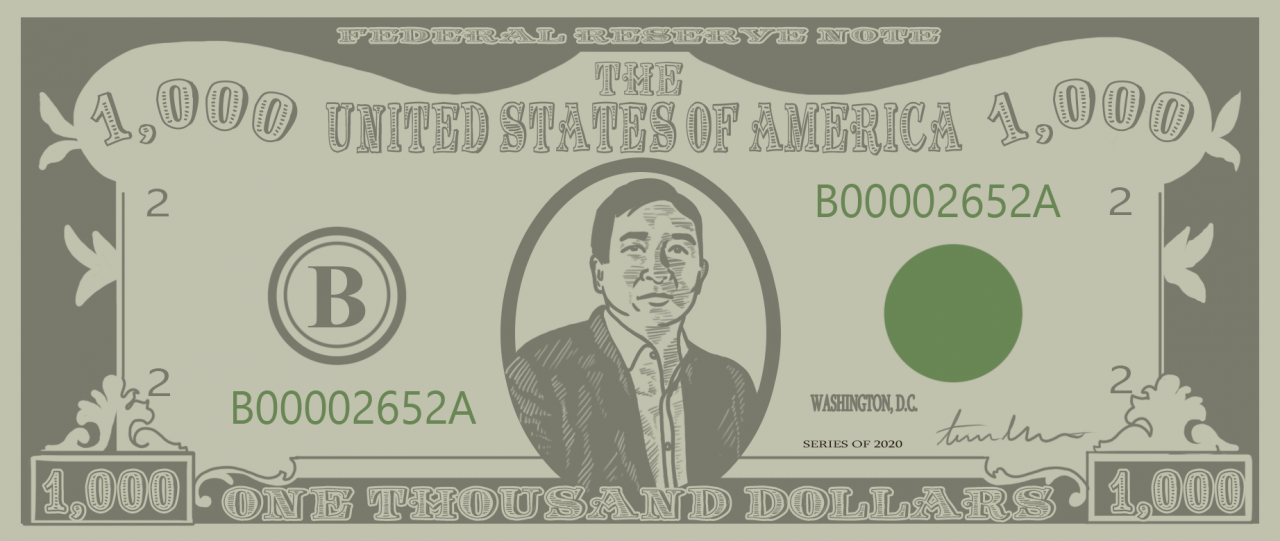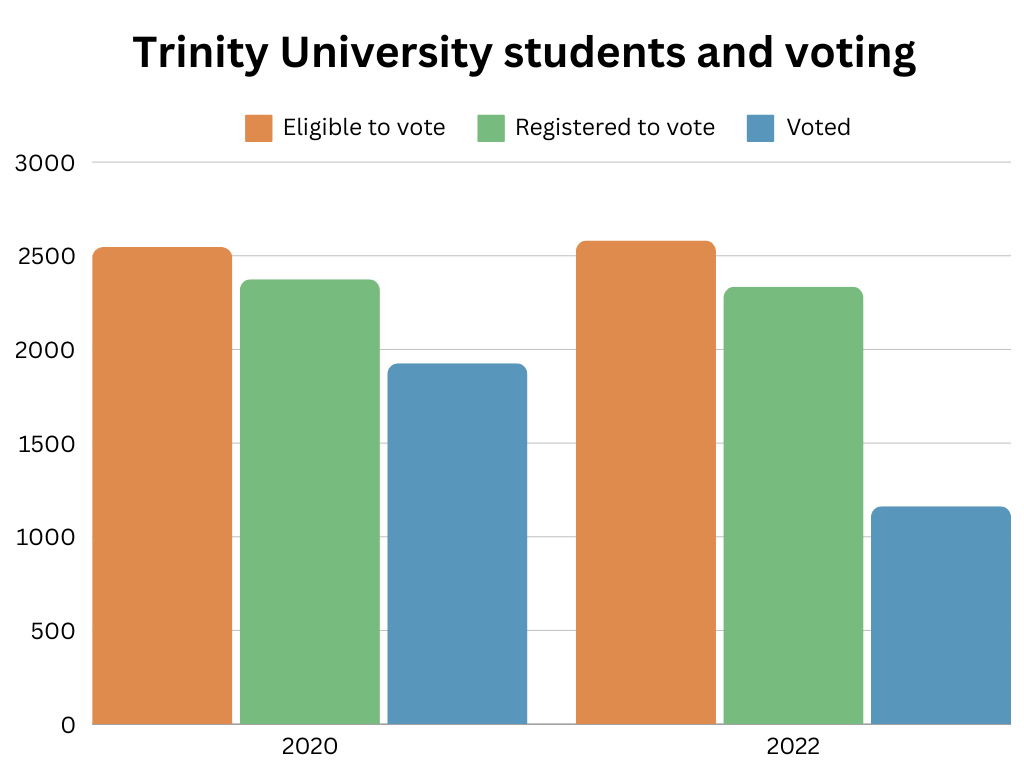Illustration by Andrea Nebhut
Andrew Yang has generated a lot of buzz when it comes to his controversial policy known as “The Freedom Dividend.” Yang is a democratic candidate running for the 2020 election, and he proposes to give every adult a $1,000 check every month. The recipients of the check will be able to spend their money as they see fit. $1,000 is a lot of money to be given to 236 million adults every single month — that means $236 billion given away every month and $2.8 trillion every year.
To put this number in perspective, the total budget of the U.S. was $4.746 trillion, and the Department of Defense has a budget of just under $700 billion. Where is this new $2.8 trillion going to come from for Yang’s plan? He claims through taxes. First, Yang wants to implement a 10 percent value-added tax. This means there will be a 10 percent tax on every step of production and distribution of a good. Yang also plans to have an increased tax on financial transactions, a tax on capital gains and a $40 tax per metric ton of carbon. The Tax Foundation estimated that the taxes would generate $1.3 trillion, meaning that there is still $1.5 trillion that haven’t been covered. Is it worth losing 1.5 trillion dollars every year in order to give $1,000 dollars a month to U.S. adults? These adults would then buy goods that have been highly taxed, and some may end up paying more than the $1,000 they received through the increased value-added tax.
Yang has only a few options to cover this $1.5 trillion deficit. Yang could increase the taxes even higher than he has already proposed in order to generate more revenue. The higher the taxes go, however, the less valuable the $1,000 check becomes as that money will be able to buy fewer and fewer goods as their prices increase. The second option is to make $1.5 trillion in budget cuts. This would allow the government to pay for the Freedom Dividend, but it would mean a large loss of money in other crucial parts of the government. Lastly, Yang could decrease the amount of money he plans to give to each adult every month. By reducing his $1,000 to $500 he will have already decreased the deficit by $1.4 trillion, but in doing so, he will have created an almost entirely new plan.
If Yang doesn’t take any of these actions or come up with something very, very creative, his plan isn’t feasible. Not only will he not be able to pay for his plan, but he will increase the prices of all goods, decreasing the actual value of the $1,000 he plans to give away every month. The increased price will also hurt U.S. exports as the increase in price will be very unappealing to other countries. Although his plan has noble intentions, it simply isn’t possible or advantageous to implement in the United States. Andrew Yang is an expensive candidate who plans to have an expensive presidency with plans such as the “Freedom Dividend” and free Medicare for all. His plans need to be cleaned up or may just end up not being practical at all. If Yang continues to preach his broken policies, he will continue to stay at the back of the pack in the 2020 election.







Malcolm L Klein • Feb 6, 2020 at 12:44 pm
“These adults would then buy goods that have been highly taxed, and some may end up paying more than the $1,000 they received through the increased value-added tax.”
Yes! If you make 10,000 a month (120,000 /year) and spend it all on VAT taxed goods then you would have no net benefit. For 2 adult family, it would be 210,000 income. Thus, everyone but the top 8% of income would net benefit, gaining far more from the dividend than they pay in new VATs. 92% of citizens would benefit!!
Travis • Sep 18, 2019 at 7:03 pm
Please do more thorough research before drawing conclusions. freedom-dividend.com is an independent analysis of how Yang’s proposal can be paid. He talks about paying for his plan incessantly on almost all podcast appearances. Also, note that his taxes are predominantly on corporations, not people. Of course it’s difficult to fund anything when Amazon and Facebook and Netflix pay 0 taxes. Yang’s new taxes are intended to finally make the wealthiest companies pay something… anything.
This is irresponsible journalism. These answers are easily found on a variety of platforms all over the internet.
David • Sep 18, 2019 at 5:12 pm
typical american reply as the country is sitting on 22.5 trillion in Debt
and you are looking at 1 trillion dollar budget deficits for at least the next 10 years
I dont see anyone asking how you are going to pay for the deficits you are seeing right now
everyone was all for tax cuts to the corporations
which they mostly used for Stock Buybacks and R&D to automate more jobs away
Seth • Sep 18, 2019 at 4:28 pm
I’m curious to know if you took the time to look into how much we are currently paying for 126 cash-like welfare programs? Seems like we may save some money there. Also, what would this do to crime rates? Wouldn’t fewer prisoners mean more taxpayers and less weight on the existing taxpayers? What about higher graduation rates among kids? Better nutrition? Less stress and financial strain in homes? These are all things that you probably should’ve taken the time to look into and mention.
Nikolas Kenney • Sep 19, 2019 at 4:55 am
This^^^ In addition to the automation issue which will very much effect us in the next 4 to 8 years… which is very real.